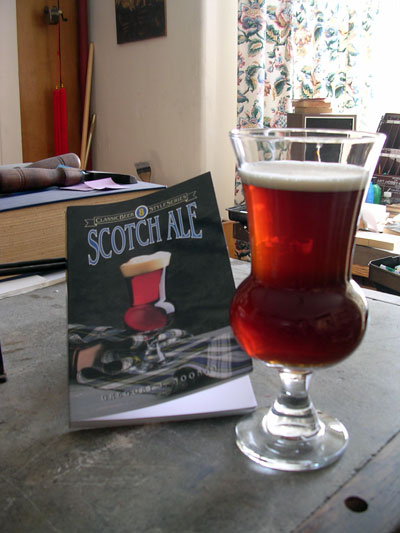Got Trub?
Well-Known Member
Zymurgrafy - nice series of posts. I'm getting ready to do a series also but only a 60/- and then pitch an appropriate amount of slurry into a wee heavy.
I've brewed a lot of lower gravity beers the past few years and found building a second, much smaller tun was the way to go. I have way more consistent mash temps with the smaller volume but I did have to insulate it with foil bubble wrap and throw some towels on top.
What are you finding is a good volume of CO2 and what temp are you serving yours at? I had been bottling previously and shooting for around 1.2-1.5 volumes but have since switched to kegs.
GT
I've brewed a lot of lower gravity beers the past few years and found building a second, much smaller tun was the way to go. I have way more consistent mash temps with the smaller volume but I did have to insulate it with foil bubble wrap and throw some towels on top.
What are you finding is a good volume of CO2 and what temp are you serving yours at? I had been bottling previously and shooting for around 1.2-1.5 volumes but have since switched to kegs.
GT







































![Craft A Brew - Safale S-04 Dry Yeast - Fermentis - English Ale Dry Yeast - For English and American Ales and Hard Apple Ciders - Ingredients for Home Brewing - Beer Making Supplies - [1 Pack]](https://m.media-amazon.com/images/I/41fVGNh6JfL._SL500_.jpg)

















